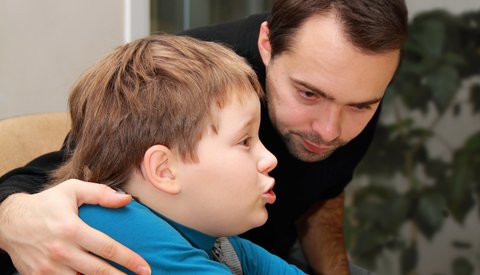
by Terry Levy | Mar 5, 2017 | Parenting
A parent cannot create a secure attachment with a child without a commitment. Commitment is a promise and a pledge to be available to a child through thick and thin. It is a moral obligation to take certain actions and respond in certain ways that engender safety,...
by Terry Levy | Dec 30, 2016 | Parenting, Psychology
The ability to regulate and control impulses, emotions, and level of arousal is usually learned in the context of the secure attachment relationship during the first three years of life. A child with relational trauma has often failed to master this stage-specific...

by Evergreen Psychotherapy | Apr 4, 2016 | Parenting, Recommended Resources
As a therapy center that works with children and their parents to build attachment and heal from trauma, the lasting effects of addiction are of major concern to Dr. Terry Levy. That is why he has been glad to help Media Salad Founder and CEO Christine Tatum and her...

by Terry Levy | Feb 22, 2016 | Parenting, Trauma
Resilience means “bouncing back” from adversity. The primary factor in resilience is having supportive and caring relationships that include trust, love, dependability, healthy role models, encouragement, and reassurance. Nurturing relationships between parents and...

by Terry Levy | Feb 16, 2016 | Adoption, Parenting
The adoptive family is a system built upon “necessary losses.” Experiences of separation and loss are fundamental to all members of the adoption triad. The child has lost his or her original bond with birth mother and early attachment to birth parents or other...

by Terry Levy | Feb 4, 2016 | Attachment, Parenting
The principal developmental task of the first year of life is the establishment of a secure attachment between infant and primary caregiver. In order for this bond of emotional communication to develop the caregiver must be psychologically and biologically attuned to...






